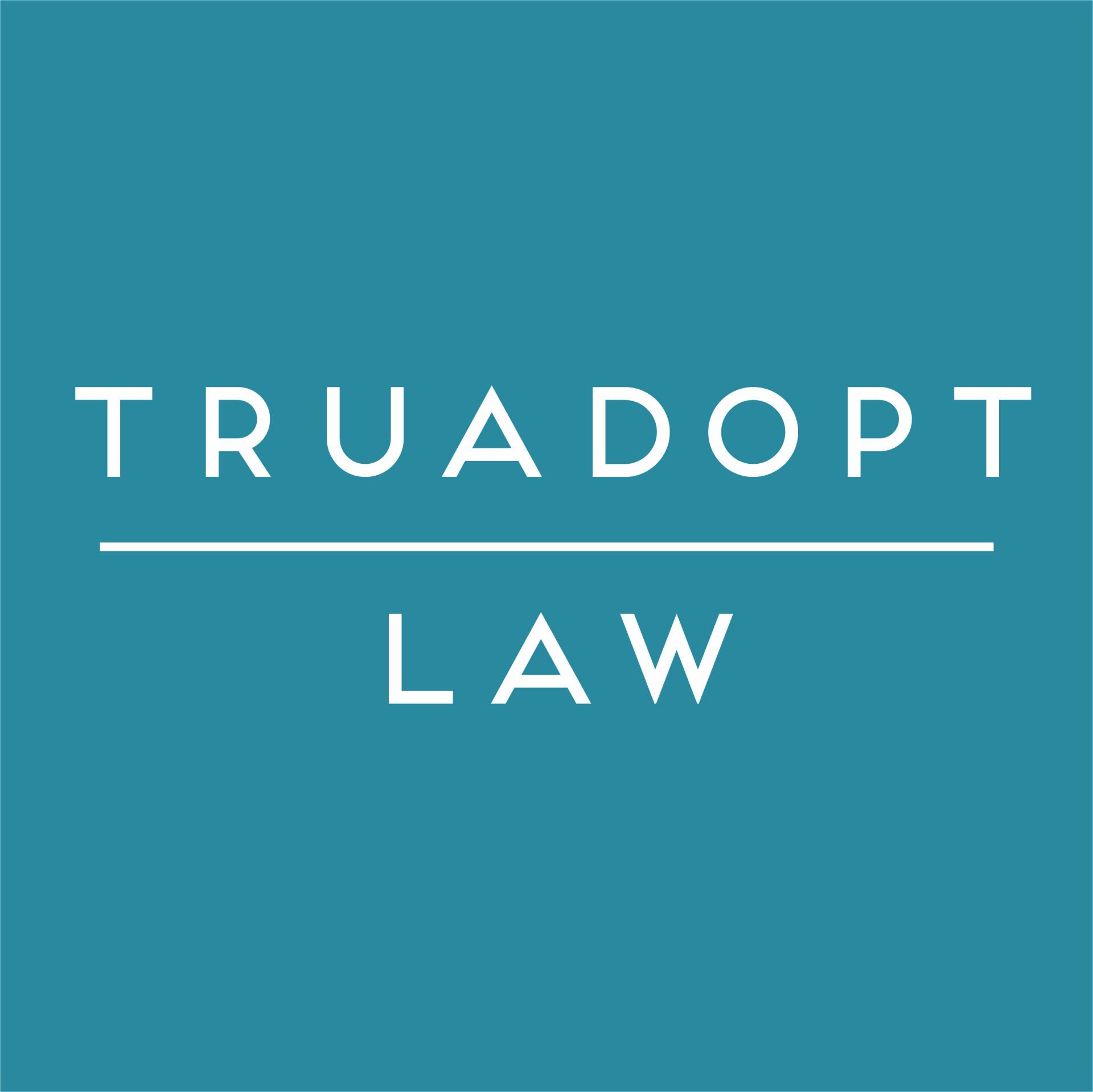140 S Lake Ave, City of Pasadena,
Pasadena, CA, 91101, United States
(626) 535-9350
connect@truadopt.org
Do Expectant Parents Really Need Their Own Attorney?
Why Adoptive Parents Should Insist on Separate Representation for Expectant Parents
“Do Expectant Parents really need their own attorney?” That’s a question I get asked often. After all, it’s not like the adoptive parents and the expectant parents are adversaries. In a good adoption, everyone’s working toward the same end — Expectant mom wants to place her unborn baby with a family she loves and trusts, and adoptive parents want to adopt a baby from someone they love and trust. All good! So why the need for everyone to lawyer up? Isn’t adoption expensive enough for the adoptive parents without having to add yet another expense to the mix?
While a good relationship is the foundation of an adoption, it is still a very weighty legal transaction. An expectant mom is agreeing to terminate her parental rights and give up her fundamental right to the care, custody and control of her child. Once her consent paperwork is signed and her revocation period has expired, that right is gone forever. Ironically, in the majority of adoptions in this country, it is only the adoptive parents who have legal representation. In those cases, adoptive parents, who are typically college-educated and on average 15-20 years older than the expectant mom, are the only ones being advised about the legal process by an attorney.
“In those cases, adoptive parents, who are typically college-educated and on average 15-20 years older than the expectant mom, are the only ones being advised about the legal process by an attorney.”
If an unrepresented expectant mom has questions about the legal process (including enforcement of a contact agreement, living expenses, which state laws govern the adoption, birth father rights and revocation periods), these questions are answered by either a social worker or by the adoptive parents’ attorney. While most adoption attorneys I know are ethical and compassionate, if an attorney represents the adoptive parents, their duty is first and foremost to the client, not to the expectant parent.
Allowing an expectant parent to go through an adoption without their own attorney creates an inherent power imbalance with potential conflicts of interest. To ensure a healthy adoption journey, it’s essential for expectant parents to have separate legal representation.

Read More:
The post Do Expectant Parents Really Need Their Own Attorney? appeared first on TruAdopt Law.

